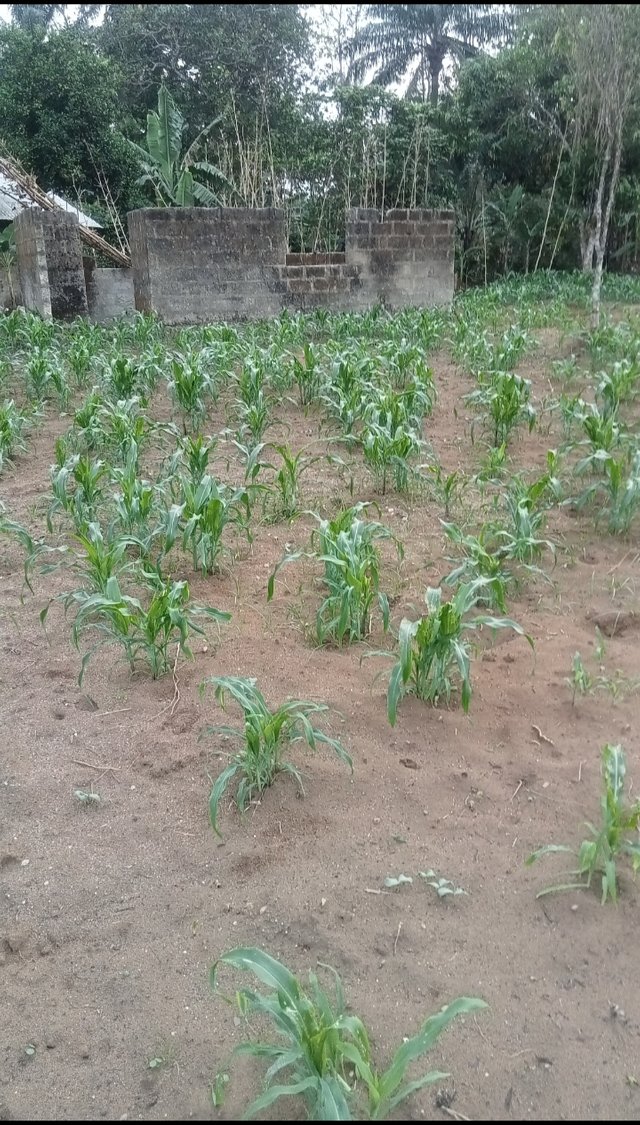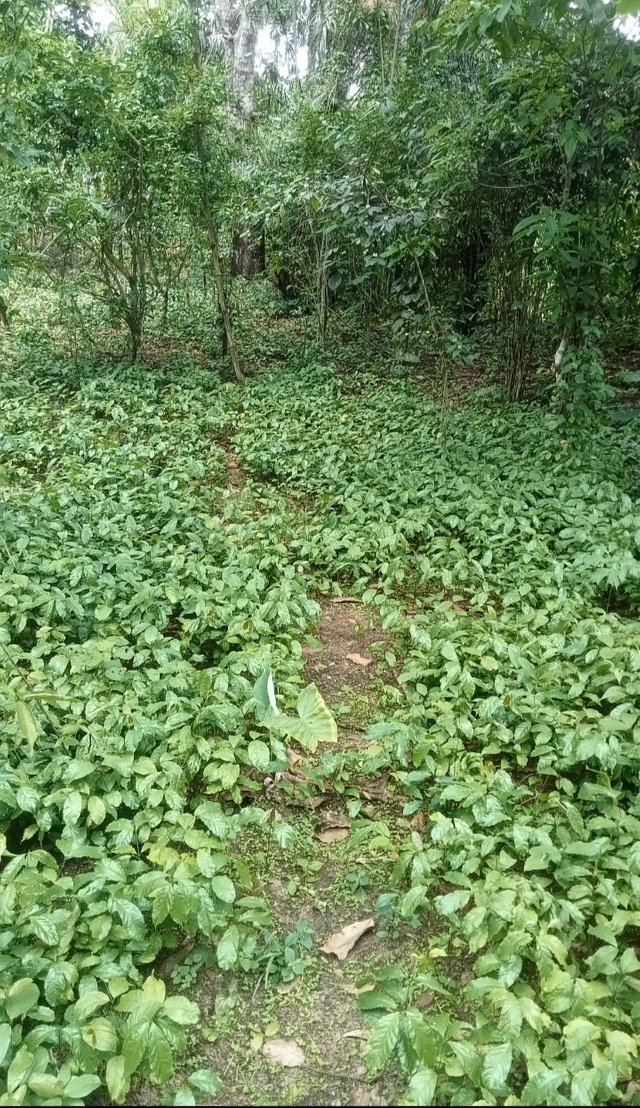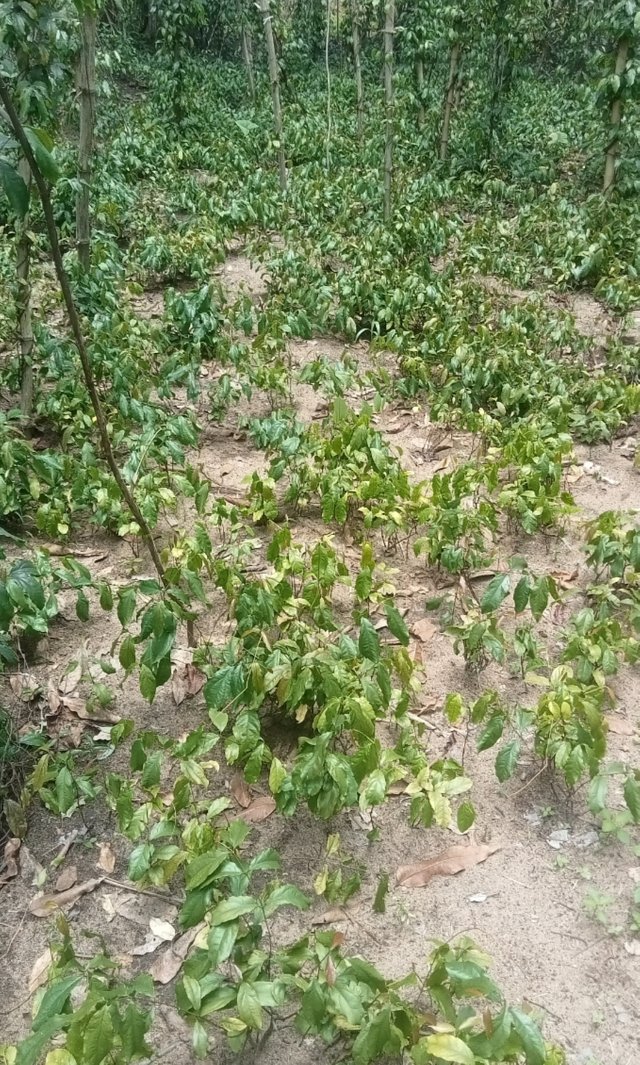Water sources and uses in agriculture
Hello steemit
Participating in a contest organized by @abdul-rakib on the importance of water in agriculture
Contest: Water Sources and Uses in Agriculture
When it comes to farming, water is like the heartbeat of the whole process. No matter how good your seeds are or how rich the soil looks, without water, you’re just wasting time. I’ve seen this firsthand where I live, so I’m really excited to share my own thoughts on this topic especially about the different water sources we use in farming and how they affect everything.
Types of Water Sources in Farming (Natural and Artificial)
In simple terms, there are two main types of water sources in agriculture natural sources and artificial sources.
Natural sources are what nature gives us freely like rivers, streams, lakes, ponds, and rainfall. Farmers have been using these for ages, especially in rural areas where rivers flow nearby or rain comes regularly. Around here, many people mostly depend on rainfall. Some also fetch water from nearby streams or ponds when rain delays.
Artificial sources are the ones we humans create to help ourselves. Things like boreholes, wells, dams, canals, and all those pumping systems are artificial. There are even modern setups like sprinklers and drip irrigation where pipes carry water straight to the crops.
From my own little experience with farming, we mostly depend on rain during the rainy season, but when it stops, we use water from wells. Some bigger farmers nearby have boreholes with pumping machines to water their crops, especially when growing vegetables like tomatoes or pepper that need regular watering.
Why Is Irrigation So Expensive and How Can We Cut the Cost?
To be honest, irrigation is very helpful, but it can also be very expensive. I’ve seen farmers complain about how much they spend just to get water to their crops. From what I’ve noticed, there are a few reasons why irrigation costs so much:
First, fuel or electricity is expensive, especially if you use a pumping machine.
Setting up things like pipes, sprinklers, or drip lines costs a lot of money at the beginning.
These systems break down easily and repairs can be frustrating and costly.
Digging boreholes or wells is not cheap, especially in areas where you have to dig very deep before you find water.
Worst of all, government support is almost zero, so farmers are left to do everything on their own.
I personally think some simple things can help reduce the cost. One way is to use solar pumps instead of fuel-powered machines no fuel stress and the sun is free. Also, farmers can come together and contribute money for a community borehole or shared irrigation system. Another idea is to use drip irrigation because it saves water and uses less pressure, meaning you won’t spend much on fuel or maintenance. Lastly, we should store rainwater during the rainy season so we don’t suffer during dry spells.
How Does Irrigation Help in Crop Production?
Let me just say this without proper irrigation, a farmer is gambling. I’ve seen years where rainfall disappointed people badly, and those who had irrigation still smiled home with harvest while others lost everything.
Here’s what I’ve noticed about irrigation:
It helps you control water supply. Even when the rain refuses to fall, your crops won’t suffer.
With irrigation, crop failure reduces because you’re not at the mercy of the weather.
Farmers can farm year-round, not just during the rainy season.
You can plant water-loving crops like watermelon, cucumber, or lettuce which you can’t do if you only depend on rainfall.
Finally, it improves the quality and quantity of harvest, meaning more food and more money in your pocket.
That’s why you’ll hardly see a serious commercial farmer without some form of irrigation in place.
My Take on Controlling Natural Water Sources
As much as we thank God for natural water, it needs to be managed properly. Too much water can flood our farms and too little can dry up crops.
Here’s what I personally think we should be doing:
First, we should build small dams or reservoirs to store up river water for later.
Digging proper drainage channels can help reduce flooding, especially during heavy rains.
I’m a big fan of rainwater harvesting, so we don’t just let all that rain go to waste.
Planting trees and grasses around water bodies can help protect rivers and streams from drying up or getting polluted.
Communities should come together to clean rivers and ponds regularly.
It would also be smart if farmers agree on how to share natural water sources fairly, so nobody feels cheated.
To wrap this up, whether it’s rainwater, streams, boreholes, or even simple tanks, water is the number one thing that decides if your farm will succeed or fail. Every farmer needs to respect water and also learn how to manage it well.
That’s my own understanding of water sources and irrigation in farming. I’d love to hear what other people think about it too.
Inviting @kwinberry @imohmitchel @ukpono



Hola amigo
El agua es importante para mantener nuestras plantas vivas.
Es cierto que para los agricultores es costoso algunos sistemas de riesgo por lo que hay que aprovechar las fuentes naturales
Thanks friend for engaging
Greetings friend, I've noticed that you're plagiarizing photography. A few days ago, you published the same photo in a post. Here's the link! Please change the photo, otherwise I'll have to mute it.
https://steemit.com/steemagro/@etoro/arrays-of-agricultural-topics-choose-write-post-22
@etoro Great insights I agree that managing water wisely is key solar pumps and community efforts can truly transform farming sustainability.
Thanks for your imput